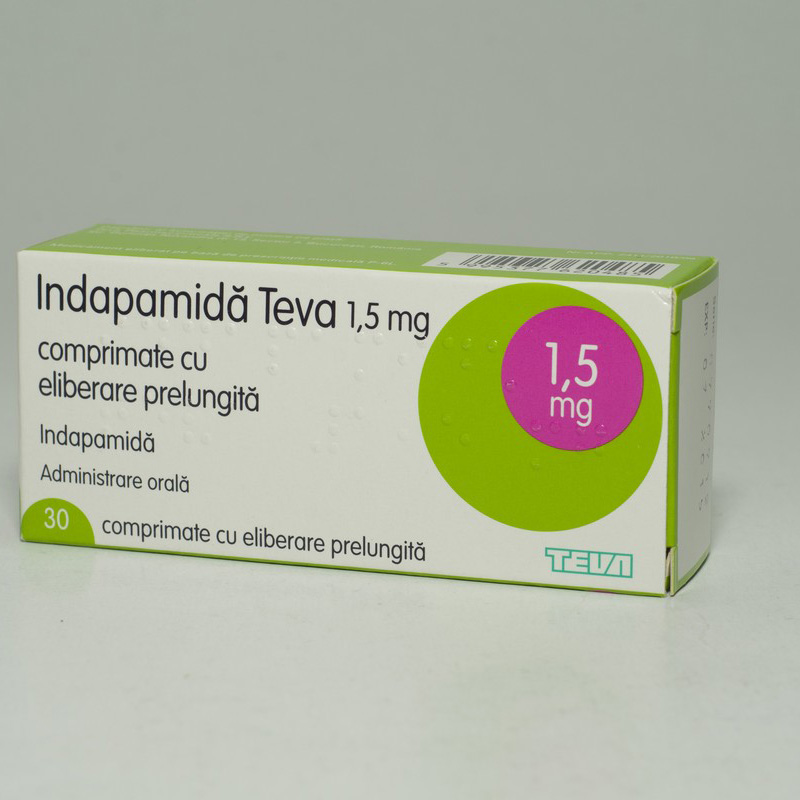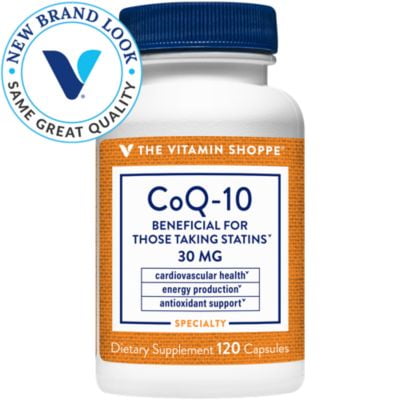

The pineapples were weighed, sliced, and dried at 60 ☌ for 96 h using a hot air oven. Pattavia which is grown in Thailand was used in this study. This study will provide information for the cardioprotective effect of pineapple consumption in relation to dyslipidaemia. Here, we hypothesized that daily pineapple intake could reduce cardiac oxidative stress and inflammation in HCD-induced hypercholesterolemia rats. However, few studies have focused on the effect of pineapple consumption on cardiac oxidative stress and inflammation in hypercholesterolemia model. Several studies have reported on the health benefits of pineapple consumption as highlighted by anti-obesity, anti-dyslipidaemia, antioxidant, and anti-inflammatory properties. These biologically active compounds provide powerful natural pharmacological activities. It contains an abundance of dietary fibre and phytochemicals such as gallic acid, catechin, epicatechin and ferulic acid. They are consumed worldwide and are easily incorporated into daily diets.

Pineapples are a popular tropical fruit that have a high nutritional value and medicinal properties. Alternatively, eating functional foods that are healthy and contain hypolipidemic and antioxidant properties could be an attractive choice for helping to manage hyperlipidaemia. Despite the widespread usage of this drug, long-term treatment should be investigated regarding its potential complications and non-adherence that may cause major clinical implications in certain patients. For instance, statin is a first-line drug for treating dyslipidaemia with additional pleiotropic effects on both antioxidation and anti-hypertrophy which are associated with the improvement of the heart structure and its functions. Nowadays, lipid-lowering therapies are not only targeting lipid profiles to lower the risk of atherosclerotic cardiovascular disease (ASCVD), but also focusing on cholesterol-independent mechanisms such as cardiac endpoints. Therefore, the prevention of HCD-induced myocardial inflammation could be a feasible approach to prevent deleterious cardiac complications. These highly reactive species mediate low-grade inflammation by inducing oxidative damage locally to cardiac lipid and protein molecules.

Lipid oversupply into the heart and fat accumulation in cardiomyocytes, produces lipotoxicity from fatty acid oxidation and uncoupling mitochondrial ROS production, which leads to myocyte loss through apoptosis. Excessive lipid overload in the myocardium is prone to be harmful by disrupting ion channels and membrane integrity. Prolonged HCD-induced hypercholesterolemia has been implicated in lipid accumulation in the heart. Lipids are the main source of energy required for cardiac pumping function. Outcomes of unhealthy high-cholesterol diet (HCD) consumption or familial hypercholesterolemia (FH) abnormally increase lipids in the circulation and accumulation in particular tissues. Hypercholesterolemia is a major metabolic disorder, which is considered a major risk for cardiovascular morbidity and mortality. This study demonstrates that pineapple is a potential candidate for cardioprotection against hypercholesterolemia. Pineapple possesses antioxidant and lipid-lowering properties and daily consumption alleviates hypercholesterolemia-induced cardiac lipid peroxidation and pro-inflammation elevation in an in vivo model. Pineapple consumption also restores cardiac protein carbonyl (cPC) content, reduces cardiac malondialdehyde (MDA), cardiac pro-inflammation cytokine IL-6 and IL-1β levels. Resultsĭaily pineapple consumption reduced weight gain, serum lipid profiles, atherogenic coefficient (AC), cardiac risk ratio (CRR), and liver enzyme activity, without causing renal dysfunction. Then, serum lipid profiles, liver and renal function tests, cardiac oxidative stress and pro-inflammatory cytokines were determined. Male Sprague–Dawley rats were fed with HCD, in the presence and absence of Pineapple ( Ananas comosus L.) cv. This study evaluated the effect of pineapple consumption on lipid-lowering, cardiac oxidative stress and inflammation in HCD-fed rats. No investigation exists concerning the effect of pineapple consumption modulating hypercholesterolemia-induced cardiac damage in high-cholesterol diet (HCD)-fed rats. It has been reported that pineapple contains healthy nutrients and phytochemicals associated with antioxidant and anti-inflammatory capacities. Hypercholesterolemia is a major risk factor for cardiovascular disease.


 0 kommentar(er)
0 kommentar(er)
